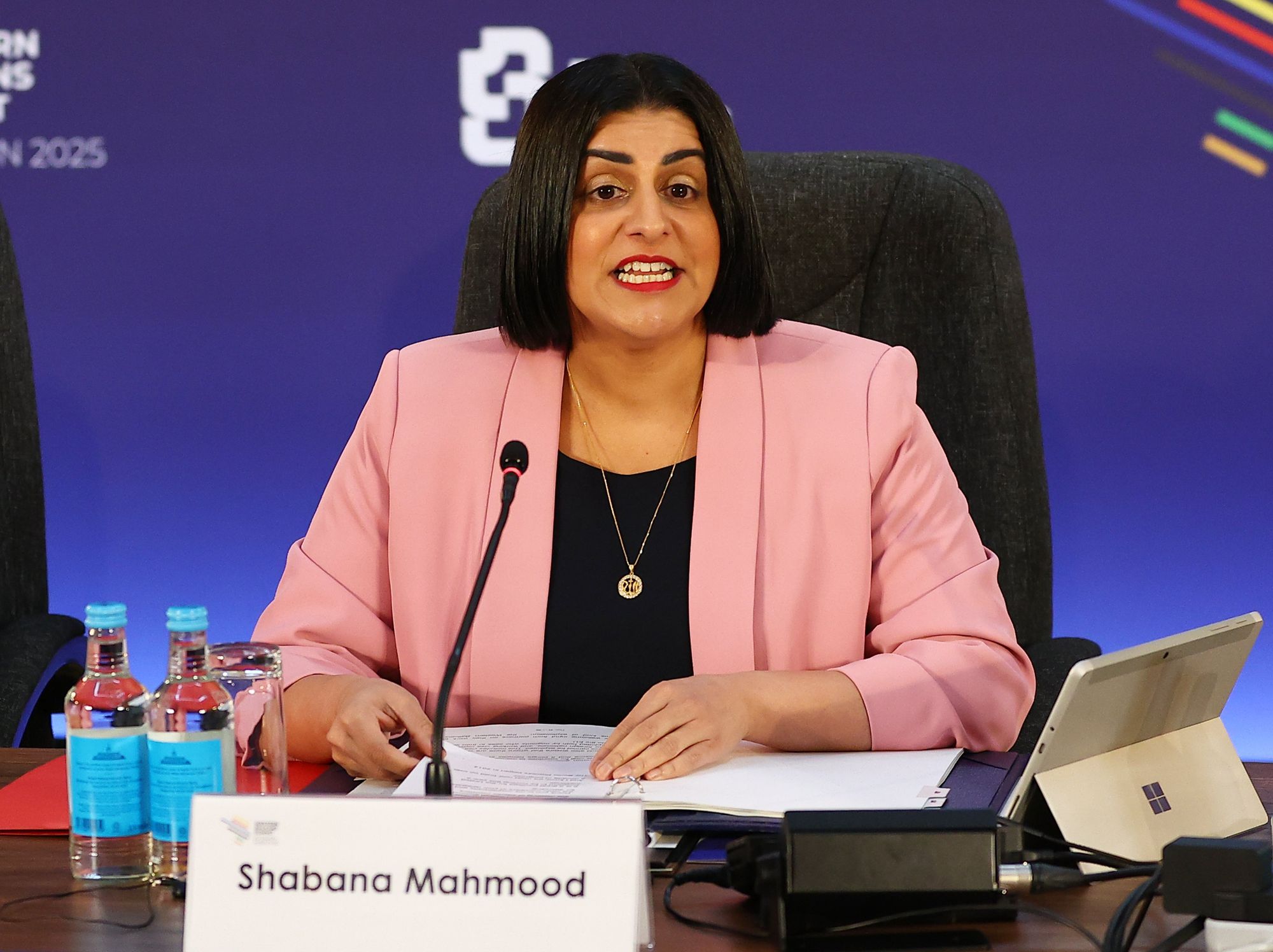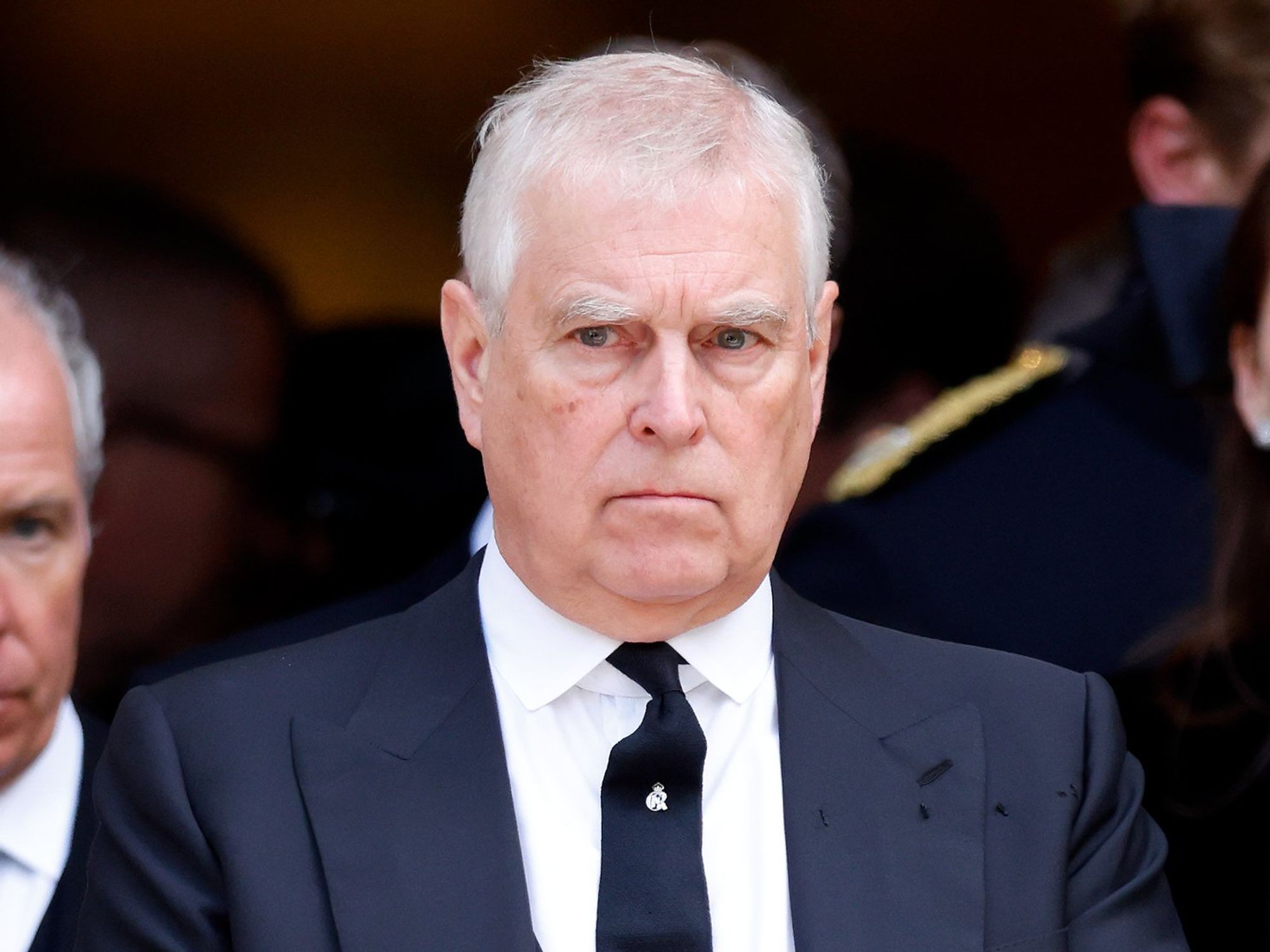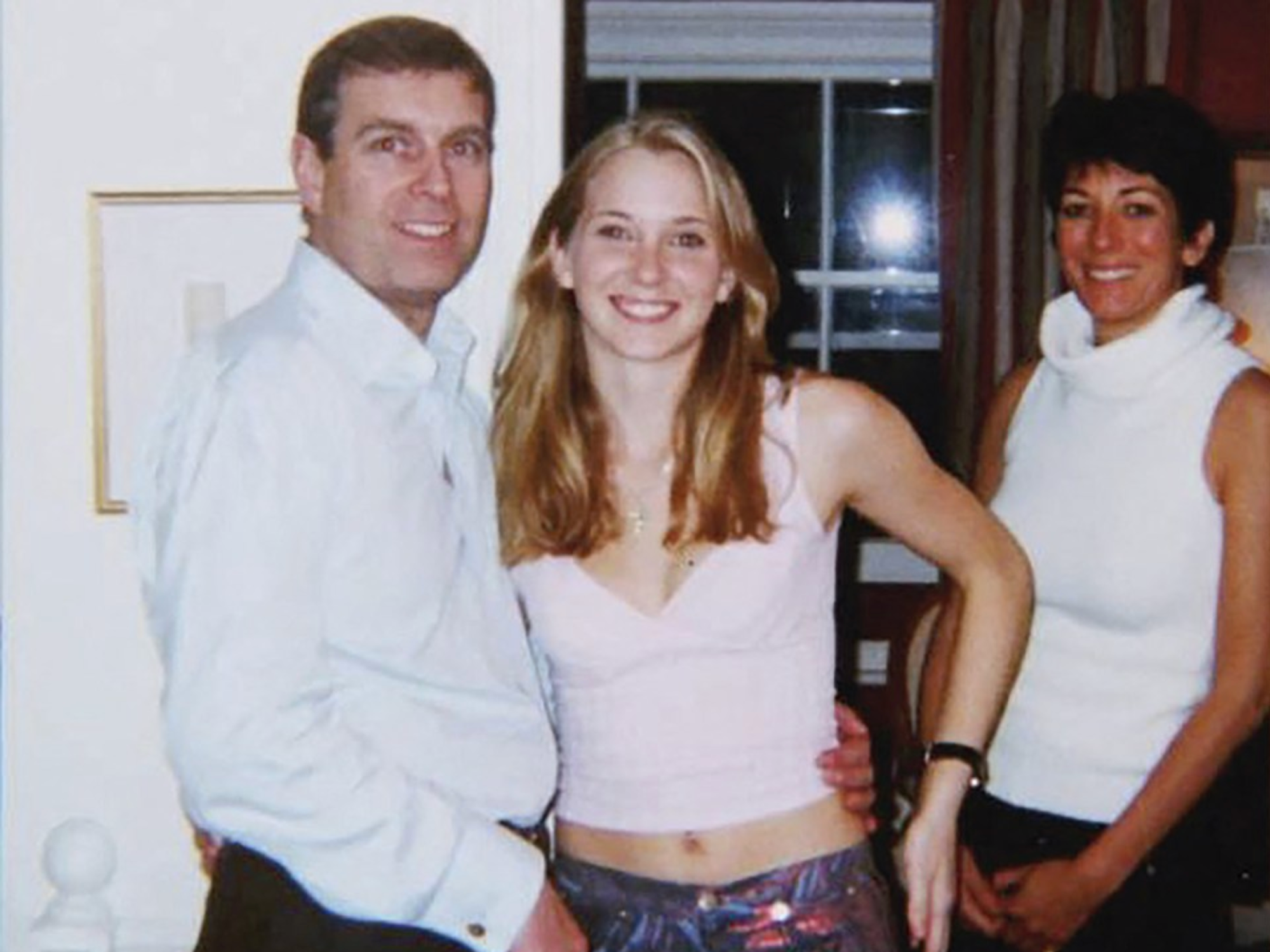Tom Harwood: Prince William should learn from Prince Philip on the space race

'Holding back progress puts you on the wrong side of history'
Don't Miss
Most Read
The front page of The Metro today splashes with Prince William – usually the sensible one – decrying our new burgeoning golden era of space exploration.
The second in line to the throne declared to the BBC – who else – that: 'We need some of the world's greatest brains and minds fixed on trying to repair this planet, not trying to find the next place to go and live.'
Now sorry, Prince William, but I’m not entirely convinced that some of the world’s most successful and innovative people should be taking all that many lectures from someone who holds their position by an accident of birth.
Even if you manage to do it a little bit better than your brother. For thirty years, consistently, the cost of getting a kilogram into orbit was $18,500. It was stagnant and prohibitively expensive.
Today that cost is just $2,720. Almost one tenth of the previous price. The reason we’re suddenly seeing billionaires going to space isn’t because William Shatner is suddenly much more rich, it’s because the cost of spaceflight is suddenly much lower.
Sure, still too high for you and me, but given the way it’s going – maybe not for long. The first orbital class boosters were landed and reused less than a decade ago. And now a fully rapidly reusable rocket is being developed by SpaceX.
Once finished, Starship will be able to ferry people about like an aeroplane, the only significant cost being fuel. We are on the precipice of something incredibly exciting, all led by market innovation.
We’re entering an era where we may be able to expend fewer resources on exploration for stratospherically bigger returns and better results. More for less, the essence of growth.
Why has it suddenly become cheaper, why have we suddenly seen a spurt of innovation reminiscent of the 1960s? Because of competition. Because of private sector innovation.
And it means instead of the US Government having to spend 5% of its total budget on NASA as it did in the 1960s, it spends less than half of one percent on it today. And despite this, we are returning to the moon this decade.
Mars not long after. The original space race was expensive but miraculous.
Looking back, yes it was bonkers and wasteful to throw away the multi-billion dollar rocket every time it was flown, yet even with big-state arguably relatively wasteful innovation like that, miraculous discoveries were made that helped life here on earth, just as much as it helped our understanding of our universe.
Who would have thought that the Apollo Programme, aimed at beating the Soviets would also be responsible for fireproof firefighter uniforms, thermal blankets, advanced cameras, bridge shock absorbers, advances in computing, vacuum sealed food, freeze dried food, shock absorbing sports shoe soles.
Opposing innovation is never a good look. Holding back progress puts you on the wrong side of history. Prince William should learn from his late great grandfather Prince Phillip.
Reportedly fascinated by the moon landings, he met Neil Armstrong, Buzz Aldrin and Michael Collins in 1969. He even visited NASA Goddard Space Flight Center in 2007.
Phillip understood the importance of science, of innovation, and of exploration. The world’s brilliant billionaires should follow his example, not his grandson’s.











